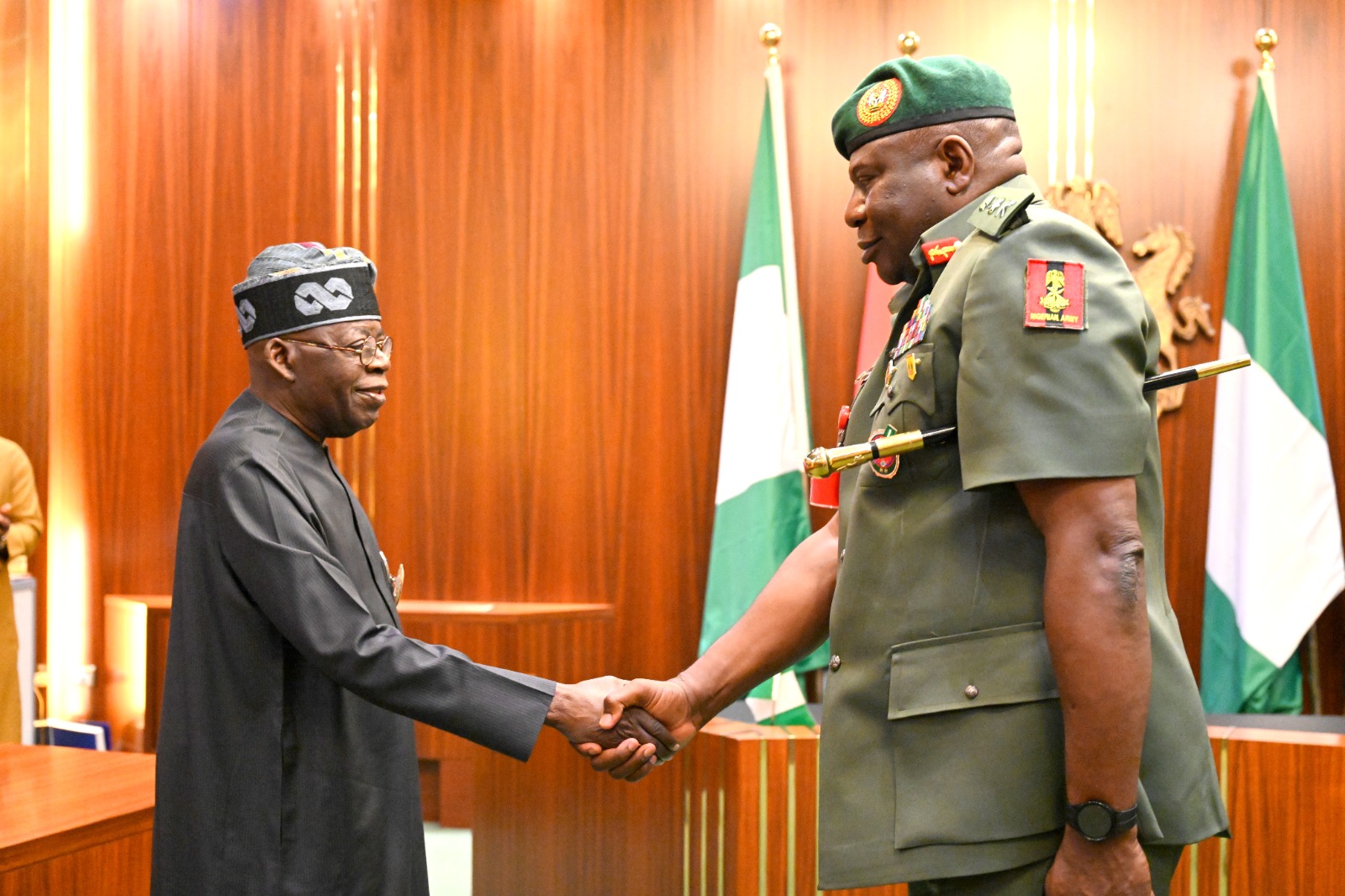Anytime Wizkid and Davido drop songs, there is always a conversation about the music quality and its ‘dance-worthiness’ because these two artists have had the Nigerian music industry in a chokehold over the years.
Whenever they release new music, especially at the same time, it is expected there’s always a buzz between the two fan bases: Wizkid FC and 30BG. With their latest tracks, Kese and Awuke, we’re watching a new chapter unfold, one that’s not just about what’s coming through the speakers but how we move to it, too.
Dance in Nigerian music is more than just a beat and melody, it is an extension of identity and a way to express the rhythm and energy that moves the zeitgeist. In the past decade, dance moves have become almost as important as the songs themselves, with artists like Wizkid and Davido setting the pace. Their new releases come with new dances that quickly become viral movements.
Take Kese, for example, the lead single off Wizkid’s 6th studio album Morayo is classic Starboy: smooth, jumpy, with that signature Afrobeat groove that makes you want to dance. The song is an invitation to move and scatter the dancefloor.
Then there’s Awuke by Davido, featuring YG Marley. This one is all energy and brings the heat. Awuke has an Amapiano influence, blending Afrobeat with the unmistakable power of log drums. This isn’t the kind of song you stand still to. When the beat drops, you’re already stepping into it. And for the ever-charismatic Davido, his music always mirrors his personality: vibrant, unapologetic—and the dance that comes with Awuke echoes that.
 Davido performing on stage (Credit: Davido on Instagram)
Davido performing on stage (Credit: Davido on Instagram)Dance has always influenced Nigerian music
But this isn’t new. Nigerian music has long been a breeding ground for viral dances. From Shoki by Lil Kesh to Shakitibobo by Olamide, Kukere by Iyanya, and Sekem by MC Galaxy, we’ve seen how dance can amplify a song, making it a cultural moment that goes beyond the track itself.
Take the viral Zanku by Zlatan, a 2018 phenomenon which allows people to move their bodies and throw their legs. Olu Maintain’s Yahooze, which was accompanied by its special dance, as well as Shaku Shaku and Alanta. Each of these tracks brought new dance moves that became a part of the collective culture.
There’s something magnetic about the way dance and music intersect in Nigerian culture. It creates a moment that feels like it belongs to everyone. The beauty of these dance moves is their accessibility.
And it doesn’t matter whether you’re in the club, on TikTok, or at a wedding, these dances become shared experiences. They make you become part of something bigger. And this is why, when artists like Wizkid or Davido release a new song with a dance, it becomes a cultural moment.
So, as we prepare to move to these tracks as the year concludes, remember, that it is not just about the beats, but about how we move to them. So get ready to let loose, throw your legs, and get lost in the melody of the music.

 14 hours ago
3
14 hours ago
3












